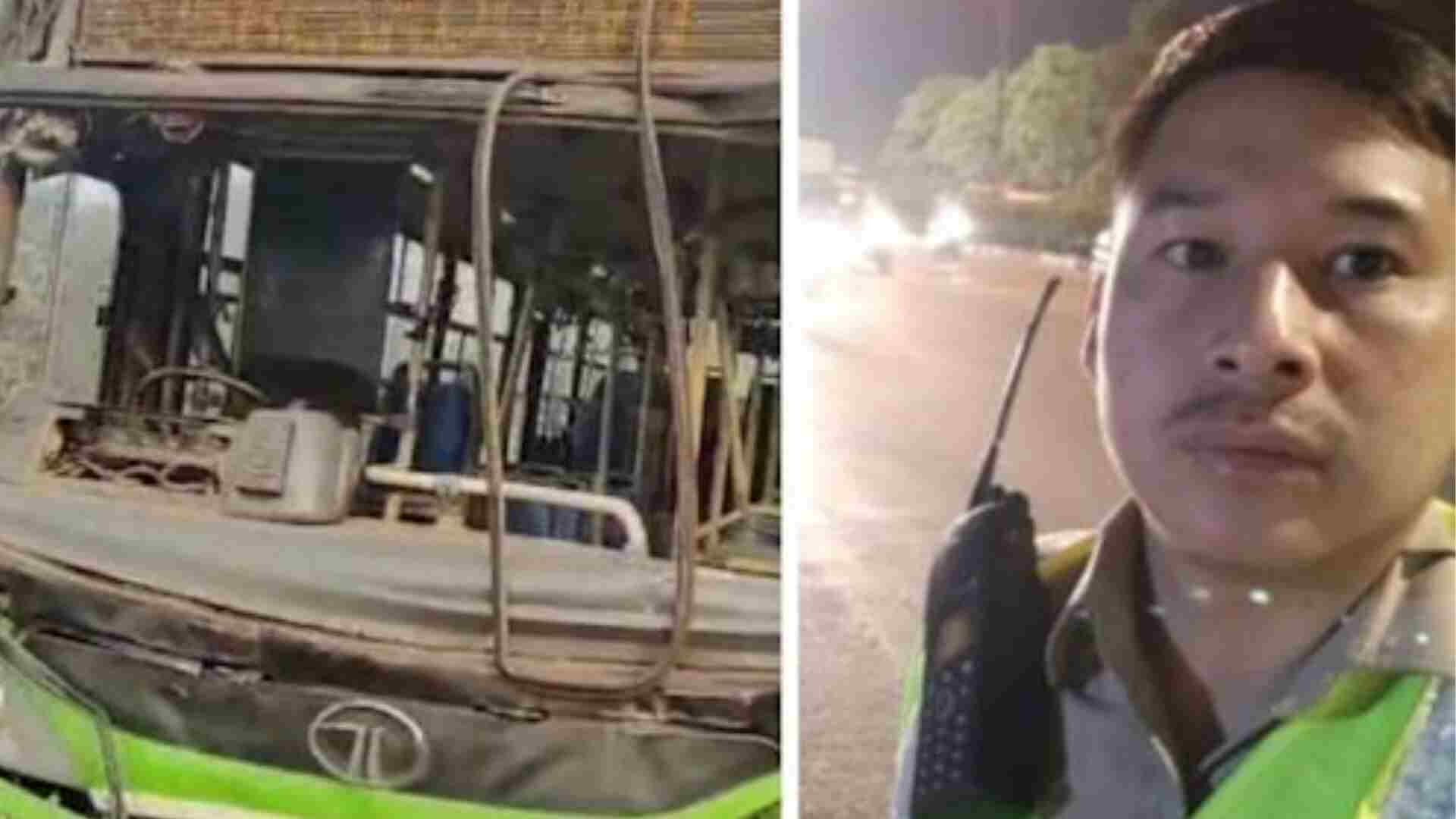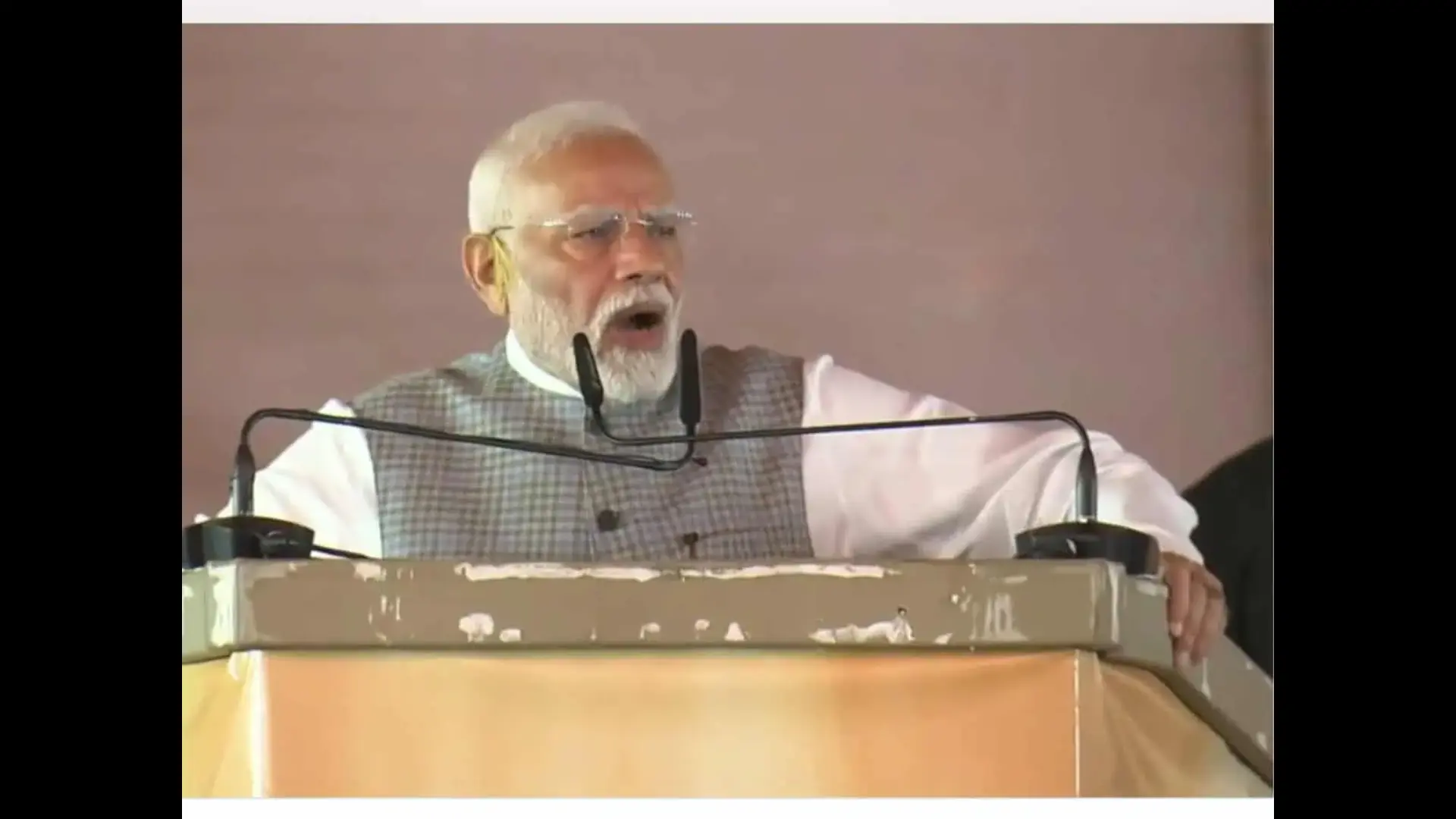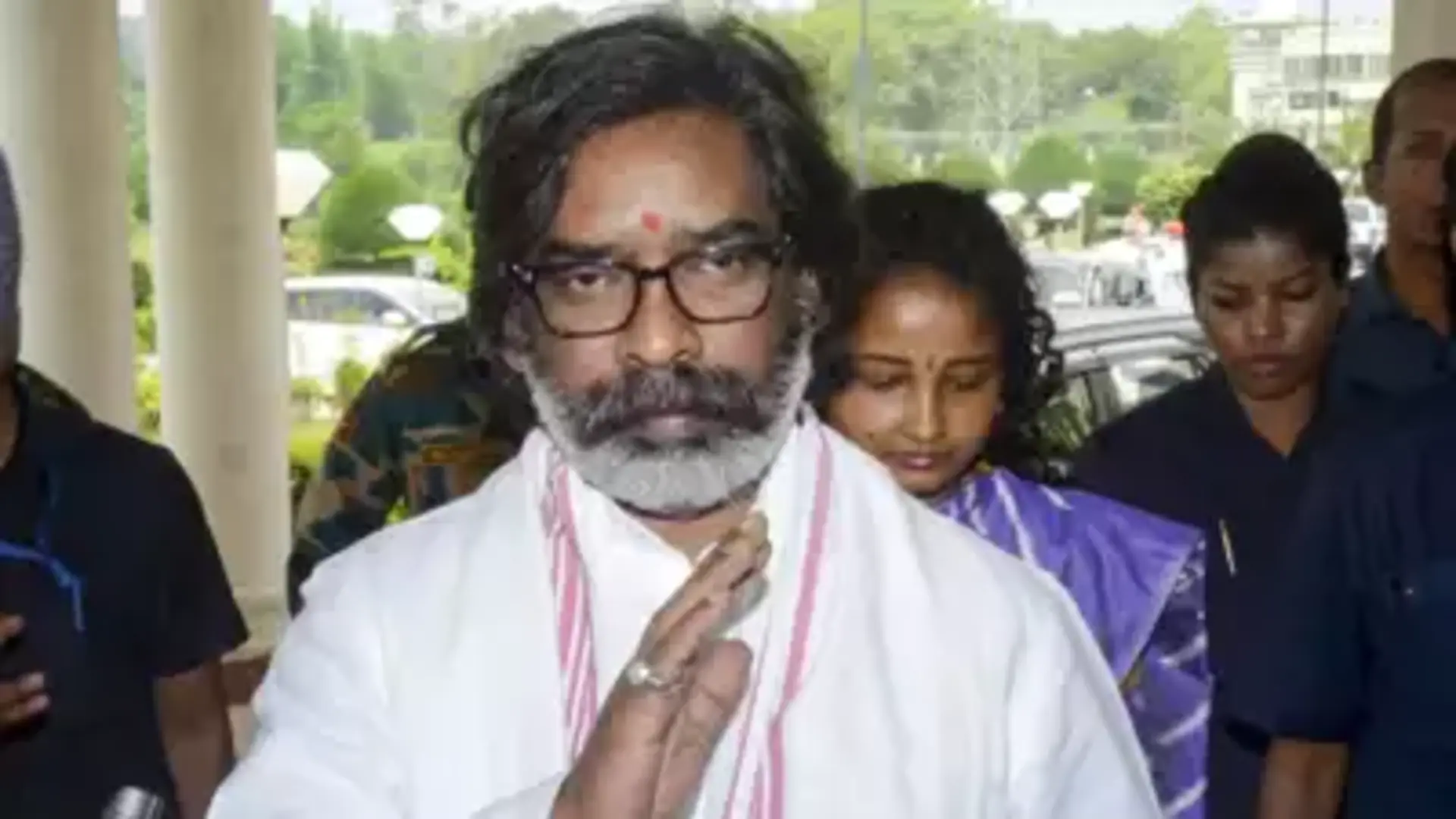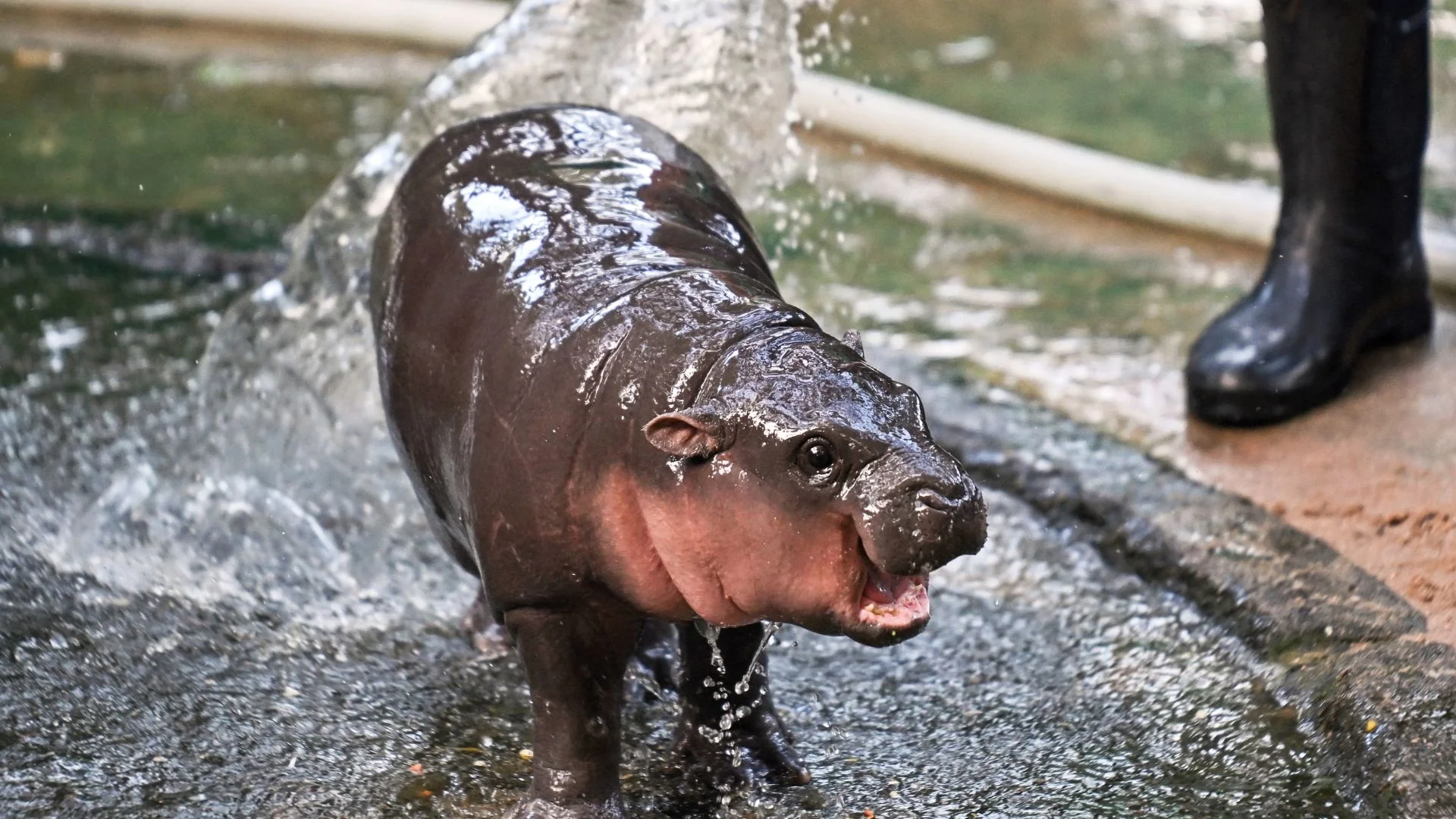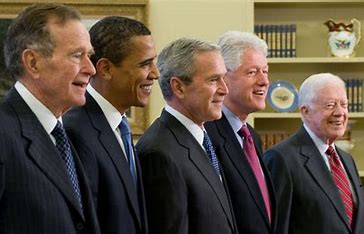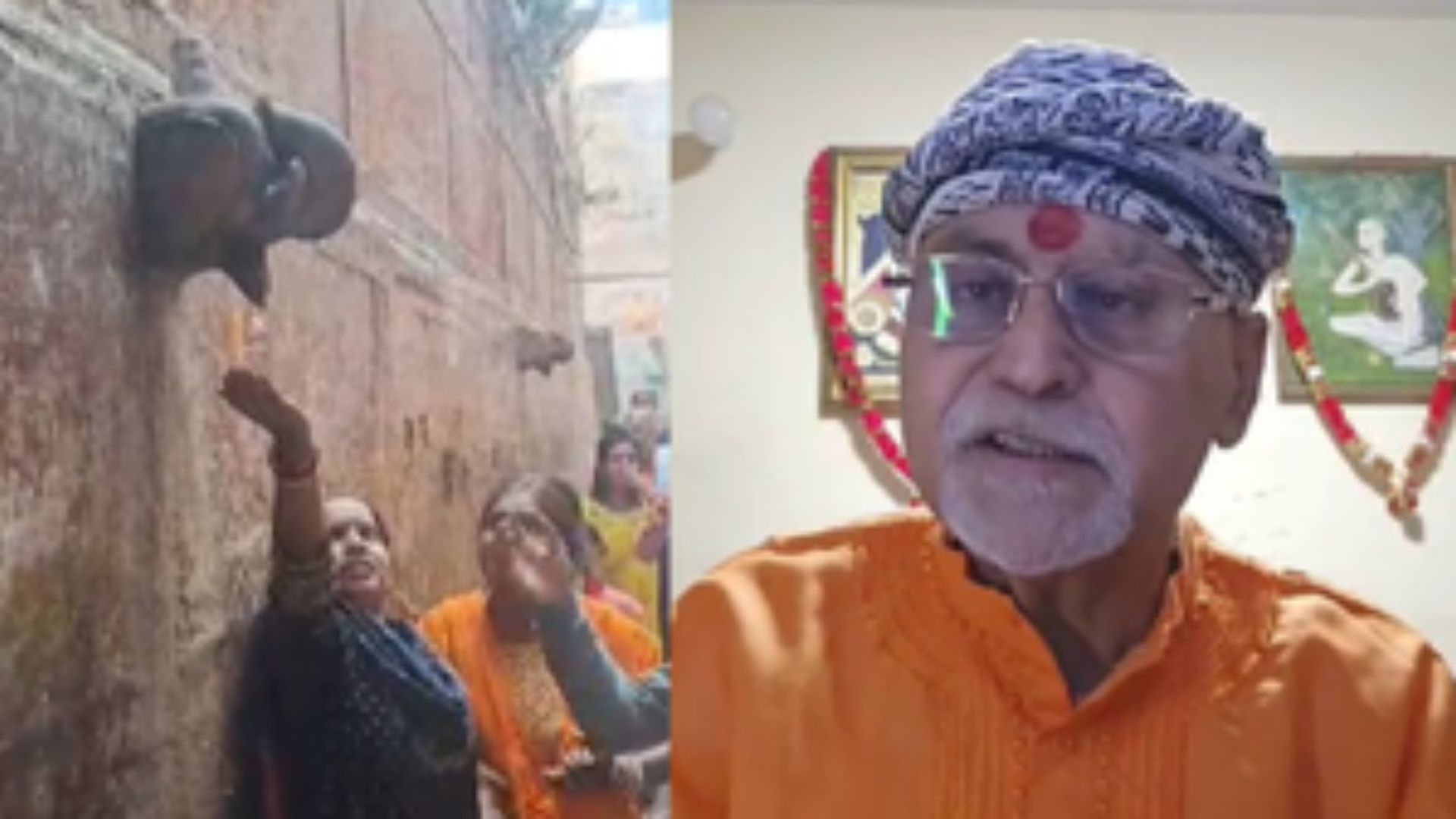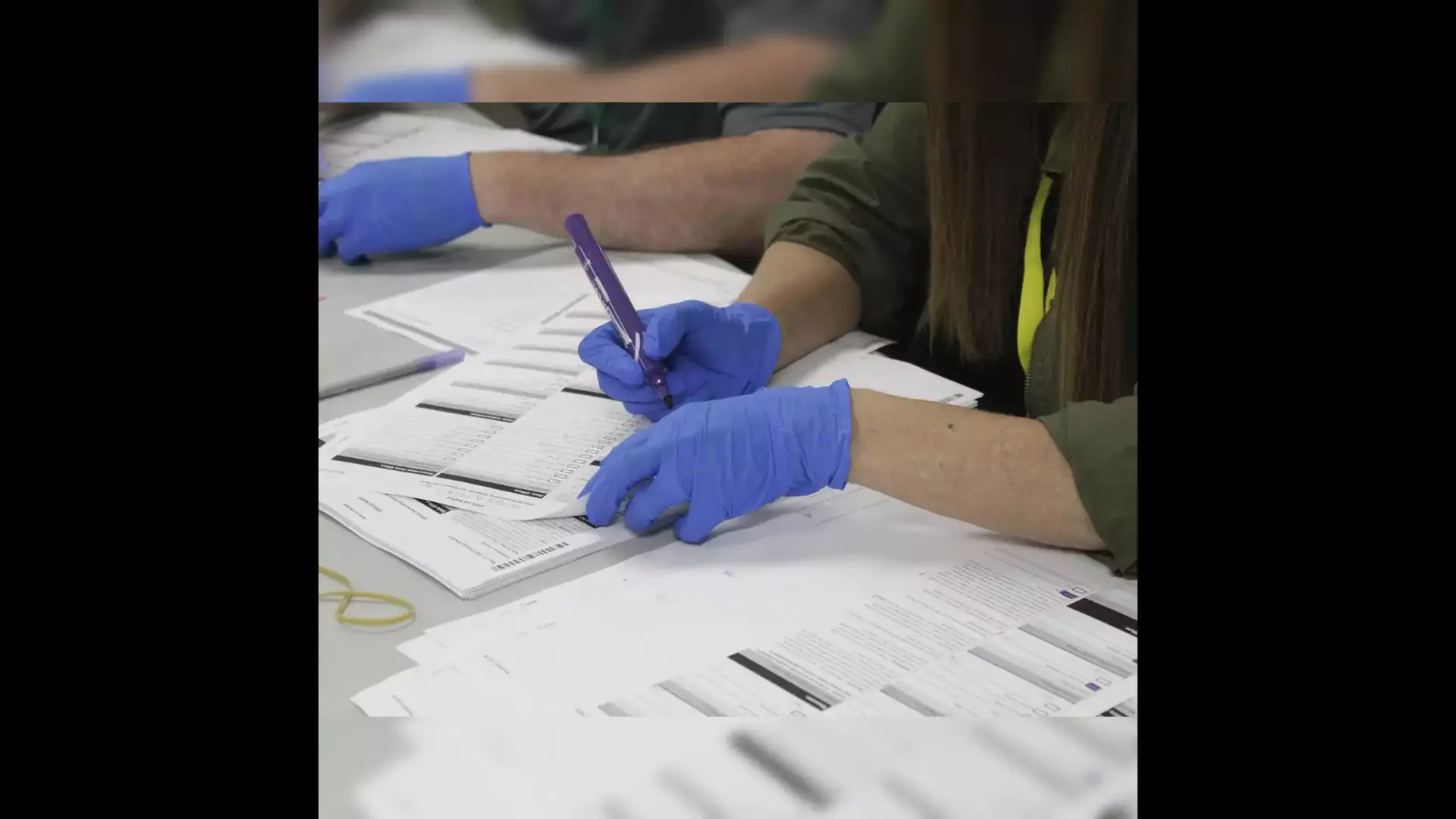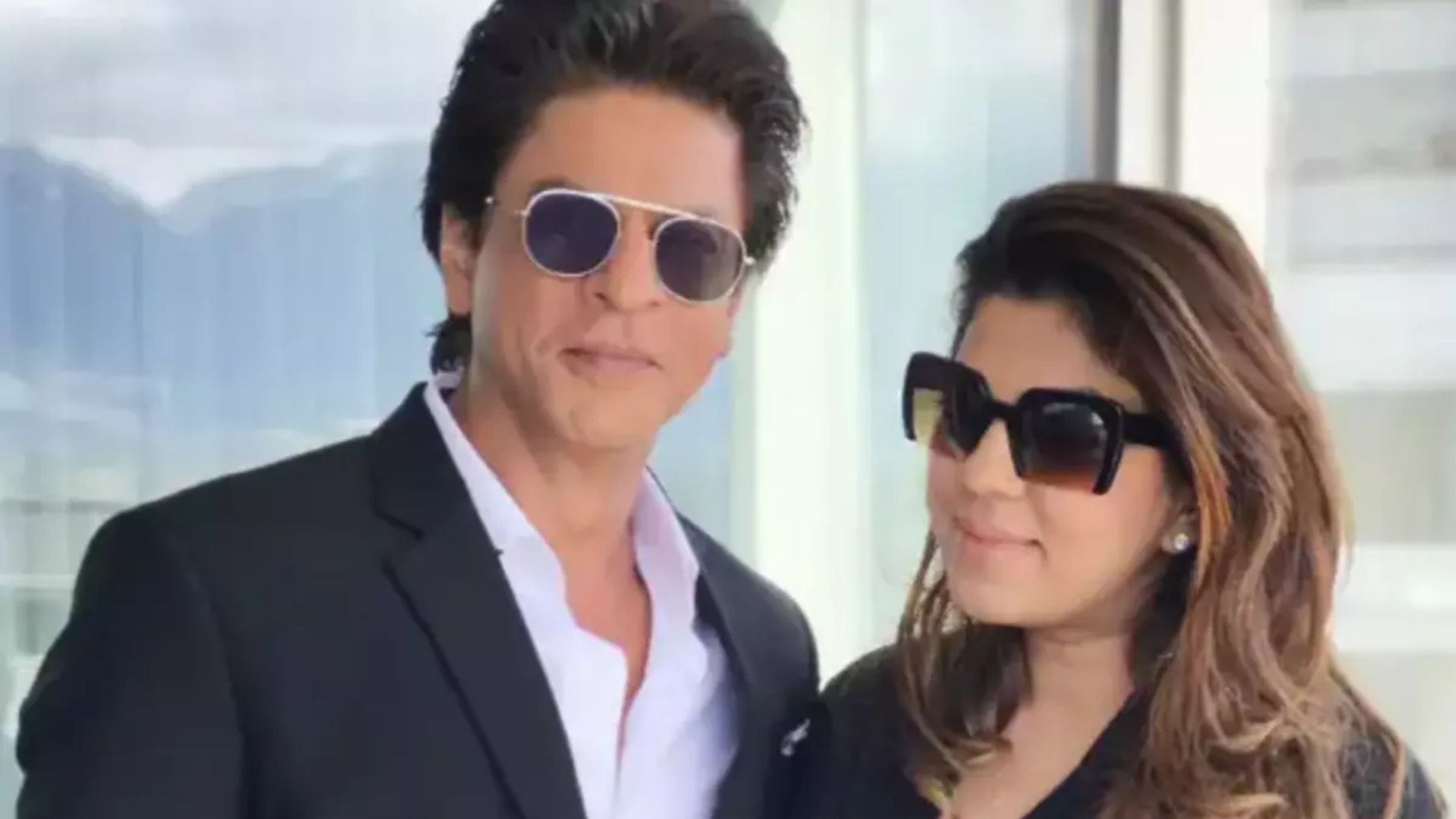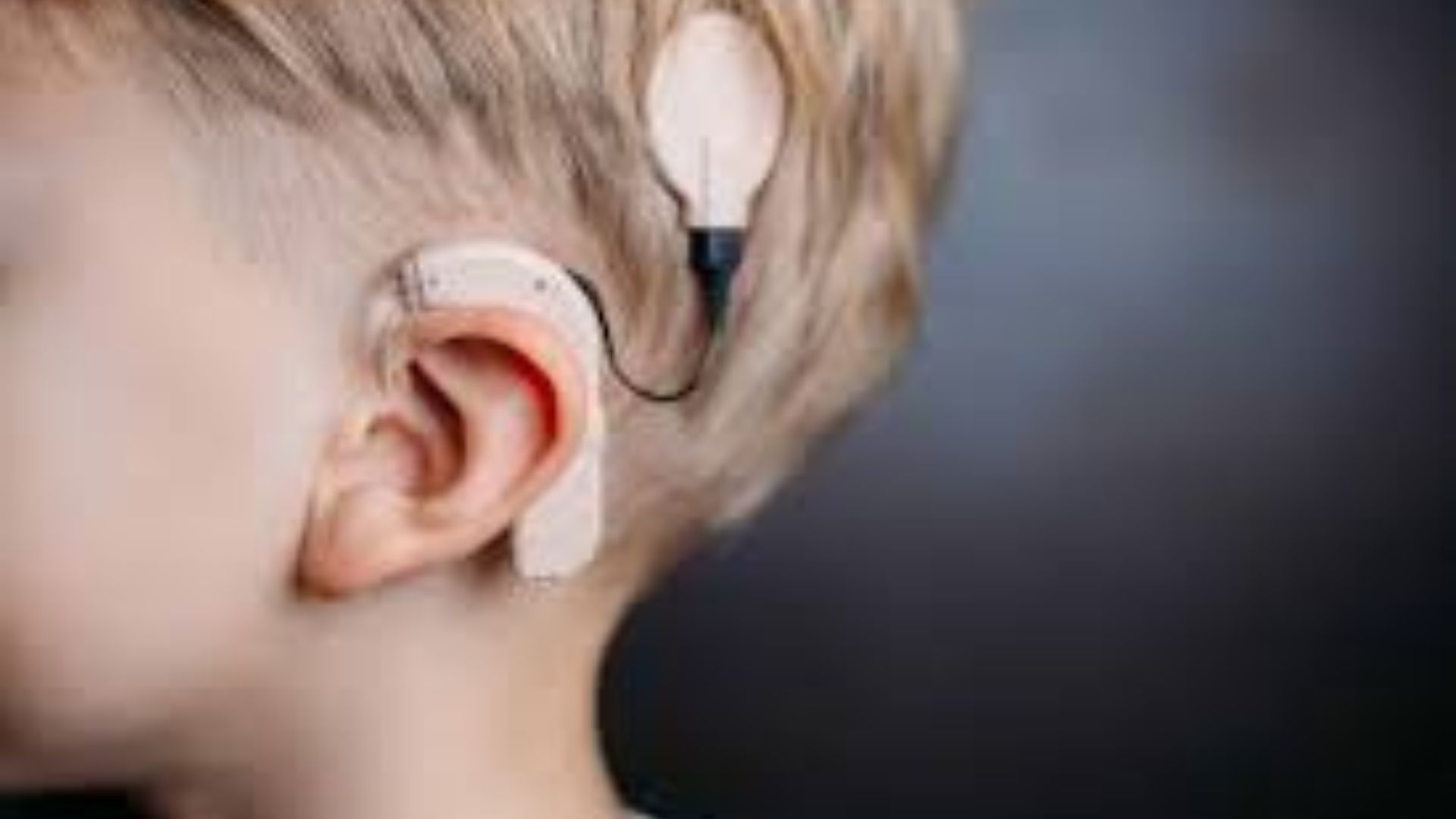
Furthering their commitment to serving the community through affordable and compassionate care and top-class medical facilities, Sarvodaya Hospital, Faridabad achieved a ground-breaking medical milestone by treating a 6-month-old baby for ‘Congenital Hearing Loss’. This marks India’s 2nd youngest case of a successful Cochlear implant.
The child’s parents were both deaf and mute, prompting the family to undertake an early screening for the baby. Certain tests were conducted such as Brainstem Evoked Response Audiometry (BERA) and Auditory Brainstem Response (ABR) which are essential diagnostic tools used to evaluate hearing loss, especially in infants and young children. The tests revealed that the baby was suffering from ‘Congenital Hearing Loss’ in both ears. A condition in which a child is born without the ability to hear is known as congenital deafness. This type of hearing loss occurs either due to abnormal development of the auditory system during fetal development or as a result of genetic inheritance from the parents. Following this diagnosis, the baby underwent Cochlear implant surgery and was able to hear successfully.
Cochlear implants are electronic devices that help people with severe hearing loss hear sounds. They work by bypassing damaged parts of the ear and directly stimulating the hearing nerve. The device has two parts: Internal device is surgically placed inside the ear, and the external device comprises of speech processor, a transmitting coil, and a microphone. The external device receives the sound and converts them into digital signals, these signals are transferred to the internal device, which stimulates the auditory nerve. Together, they help send sound signals to the brain, allowing the person to hear.
Commenting on the case, Dr Ravi Bhatia, Director- ENT and Cochlear Implants, Sarvodaya Hospital, Faridabad, said, “6-8 out of every 1000 children born in India are detected to have congenital hearing loss, although, a large number of newborns are not screened for hearing loss at birth, hence, the actual incidence is expected to be much higher in the community. Globally, the success rate of cochlear implant surgeries in both children and adults exceeds 98%. While cochlear implants can be performed at any age, the timing of hearing loss onset significantly affects outcomes. Early identification and intervention are particularly crucial for children with severe to profound hearing loss, yielding immediate and positive responses. This was a critical case in which both parents of the baby were deaf and mute, which led the grandparents to get the baby screened. For children, cochlear implants can be life-changing, allowing them to engage with the auditory world, develop typical speech, language milestones, and compete with their peers who have normal hearing. Cochlear implant surgery has proven to be highly successful for both children and adults.”
Mr. Raja Suman, Chief Audiologist, Centre of ENT and Cochlear Implant, Sarvodaya Hospital, Faridabad, further added, “The child underwent continuous monitoring to ensure optimal progress. Our team of professionals, including audiologists, auditory-verbal therapists, and speech-language pathologists, closely tracked the child’s auditory development, speech, and language. This comprehensive approach aimed to provide tailored support and guidance throughout the rehabilitation process, enabling the child to hear successfully.”
